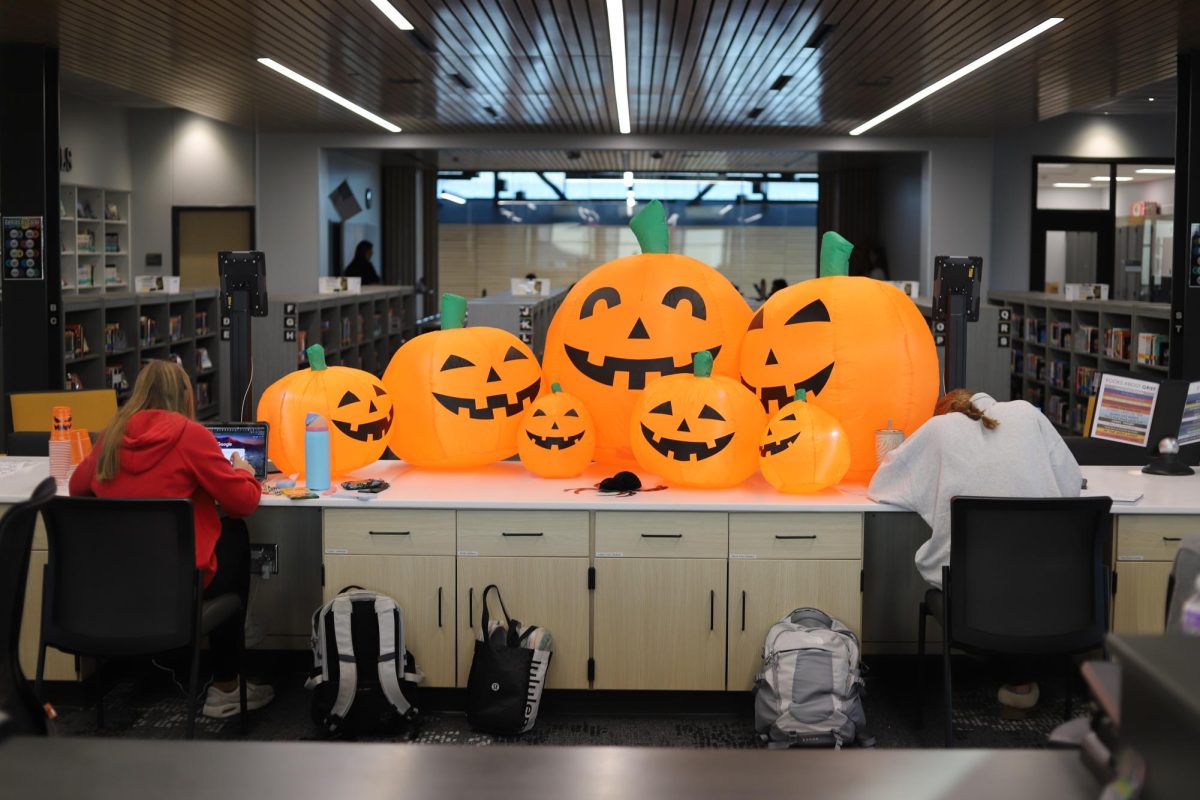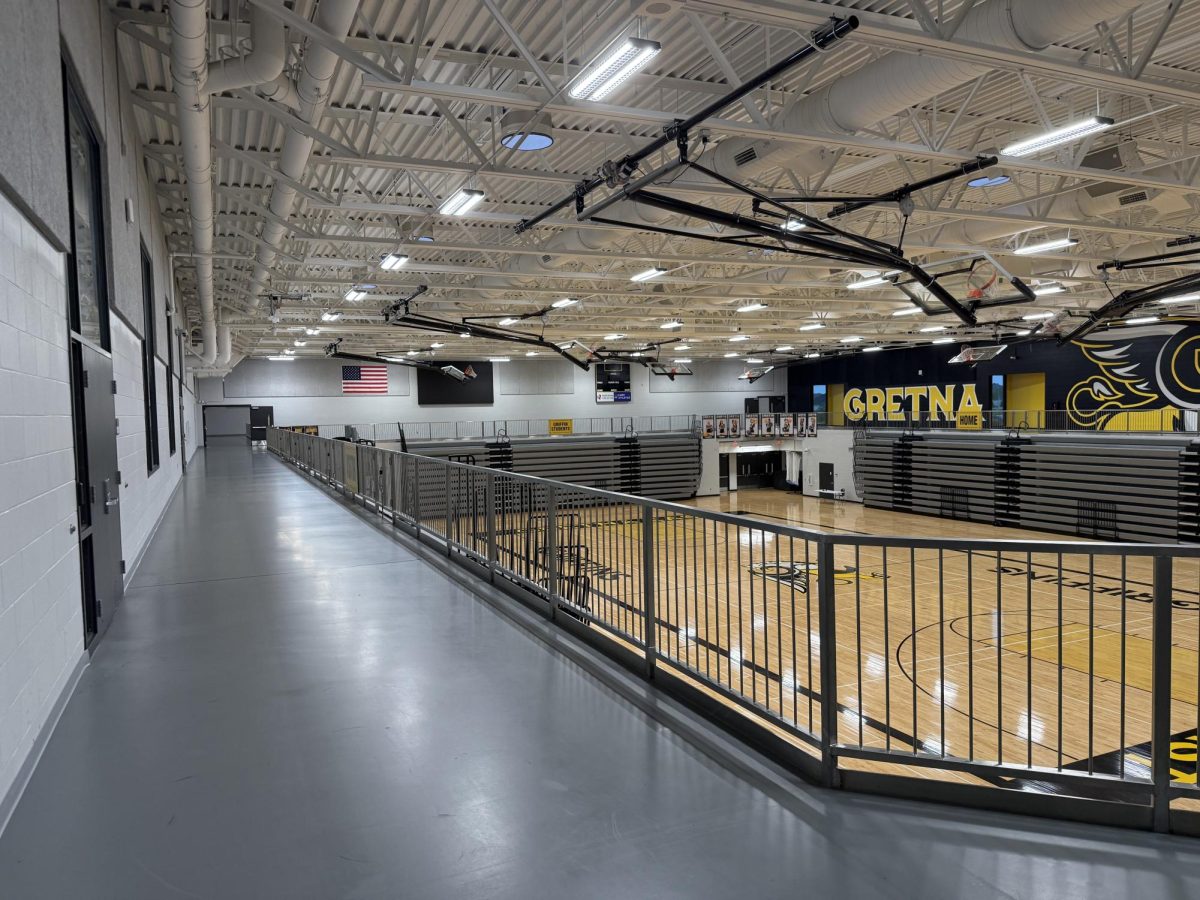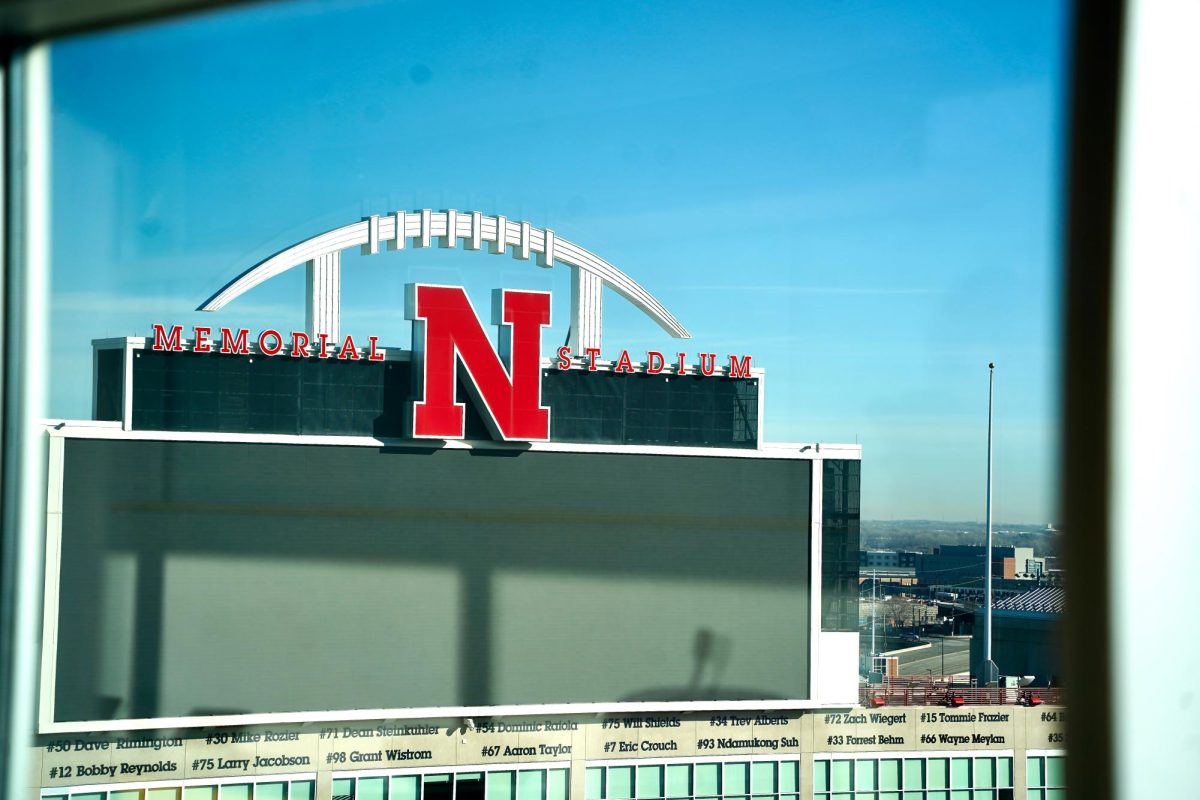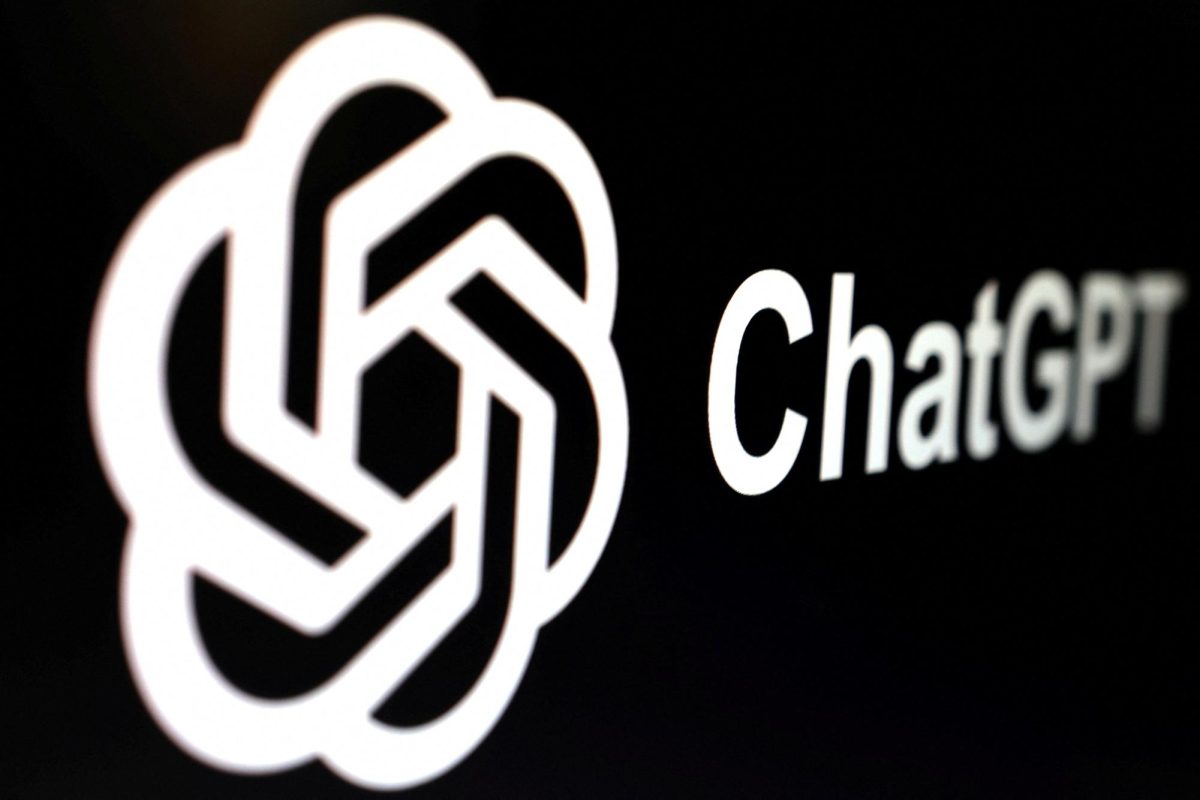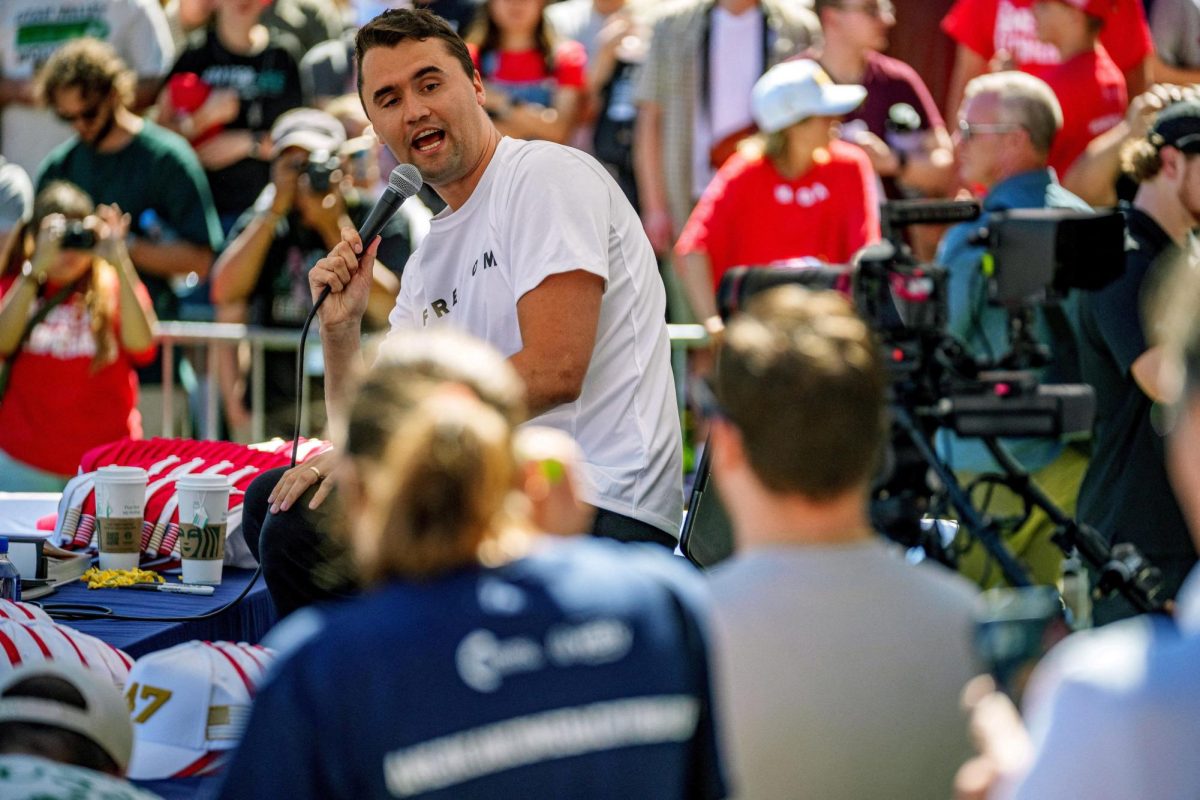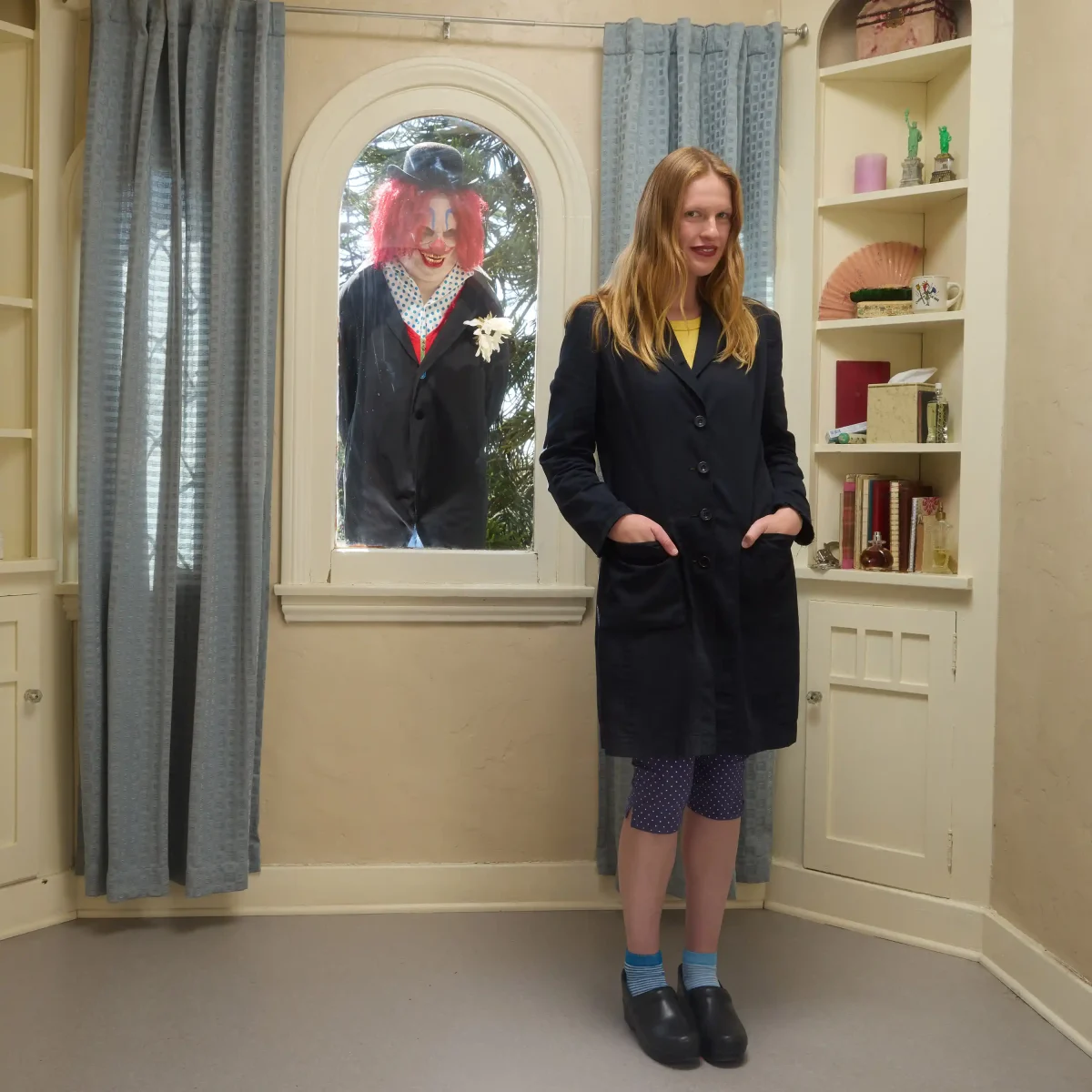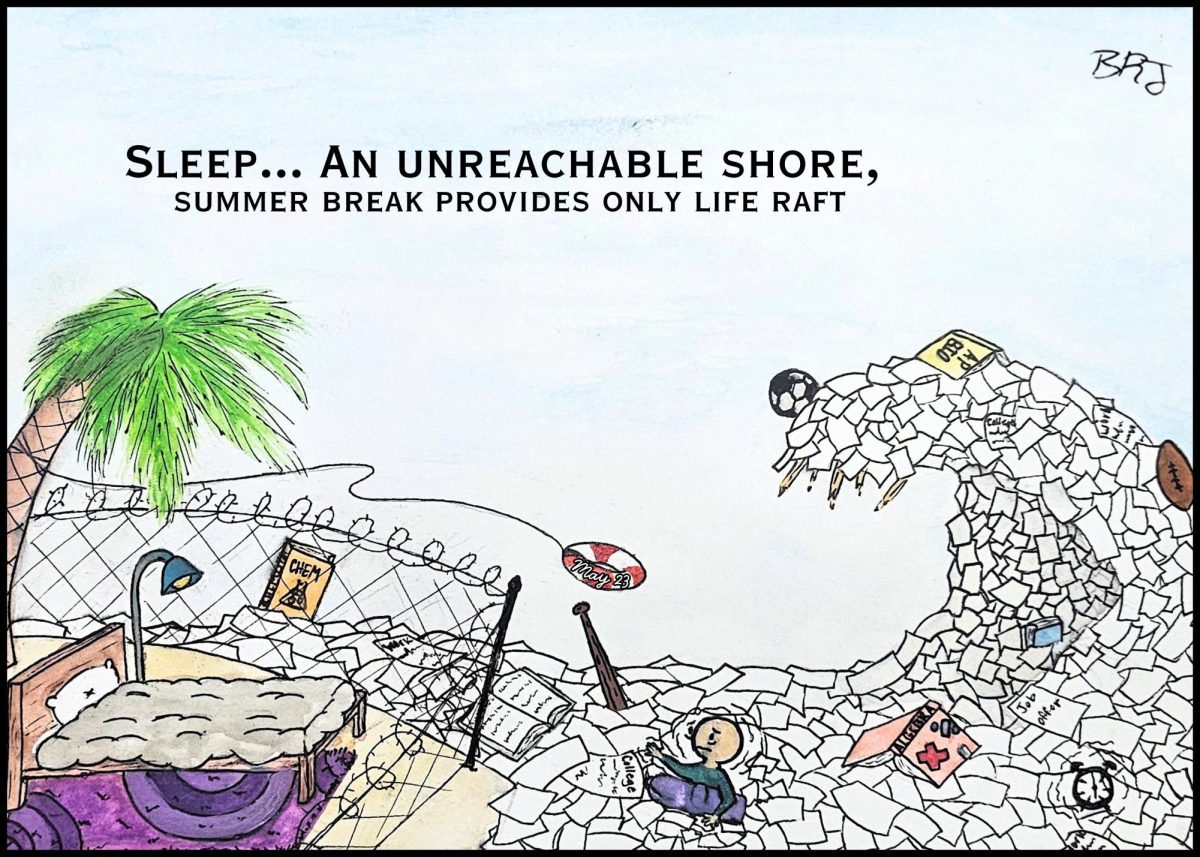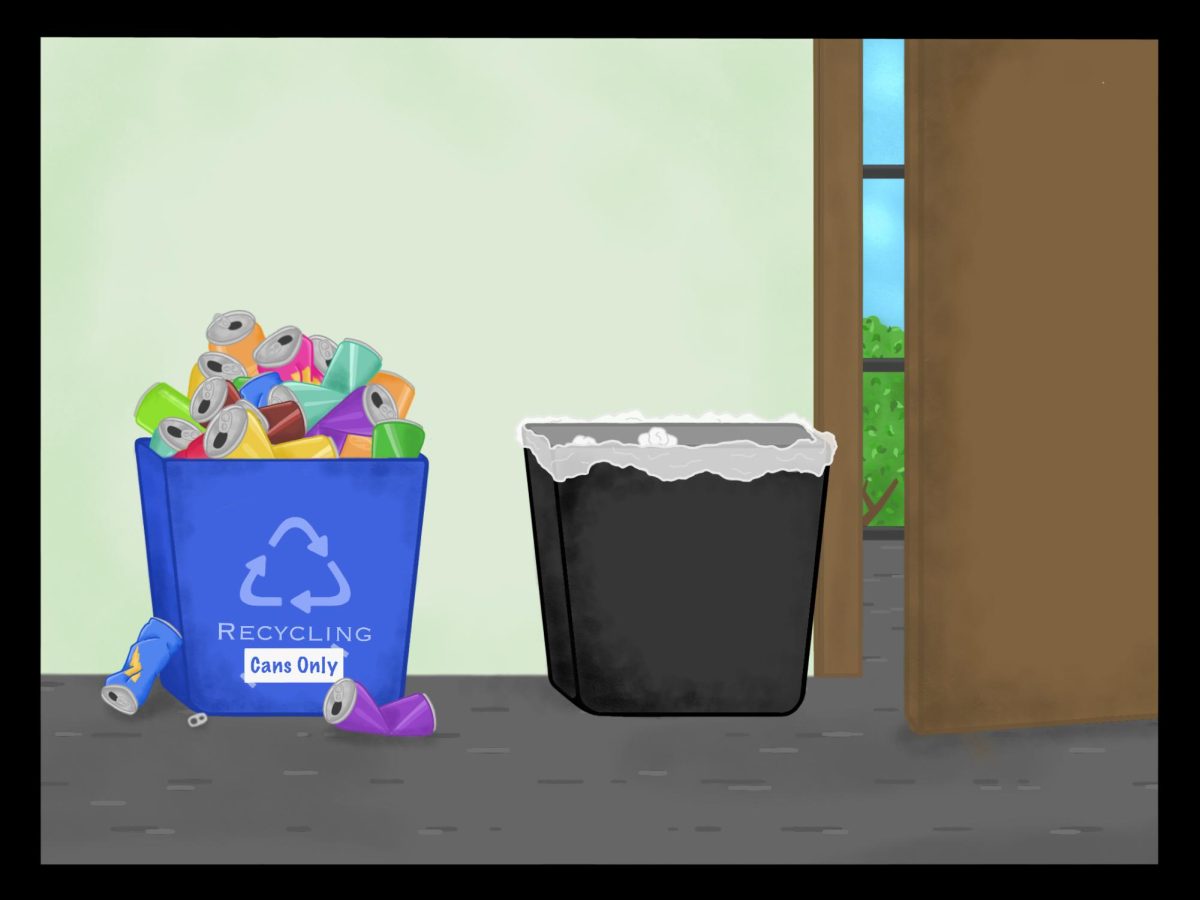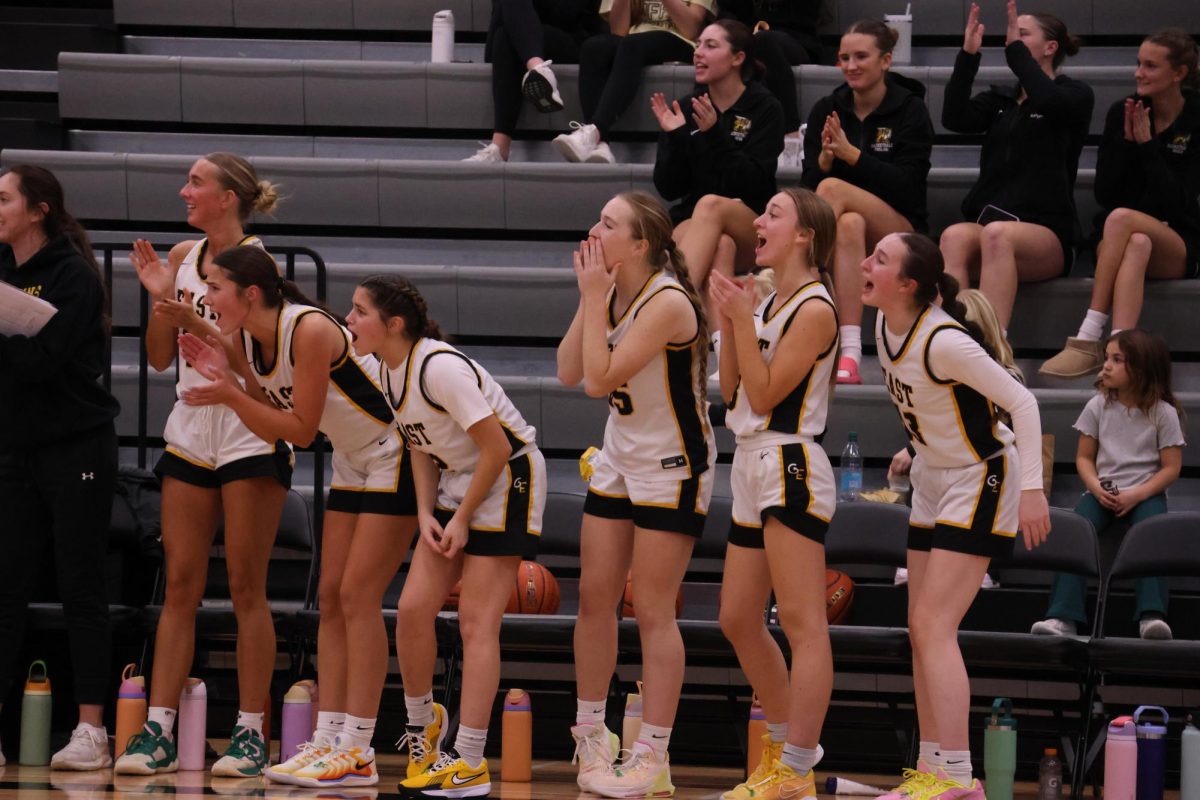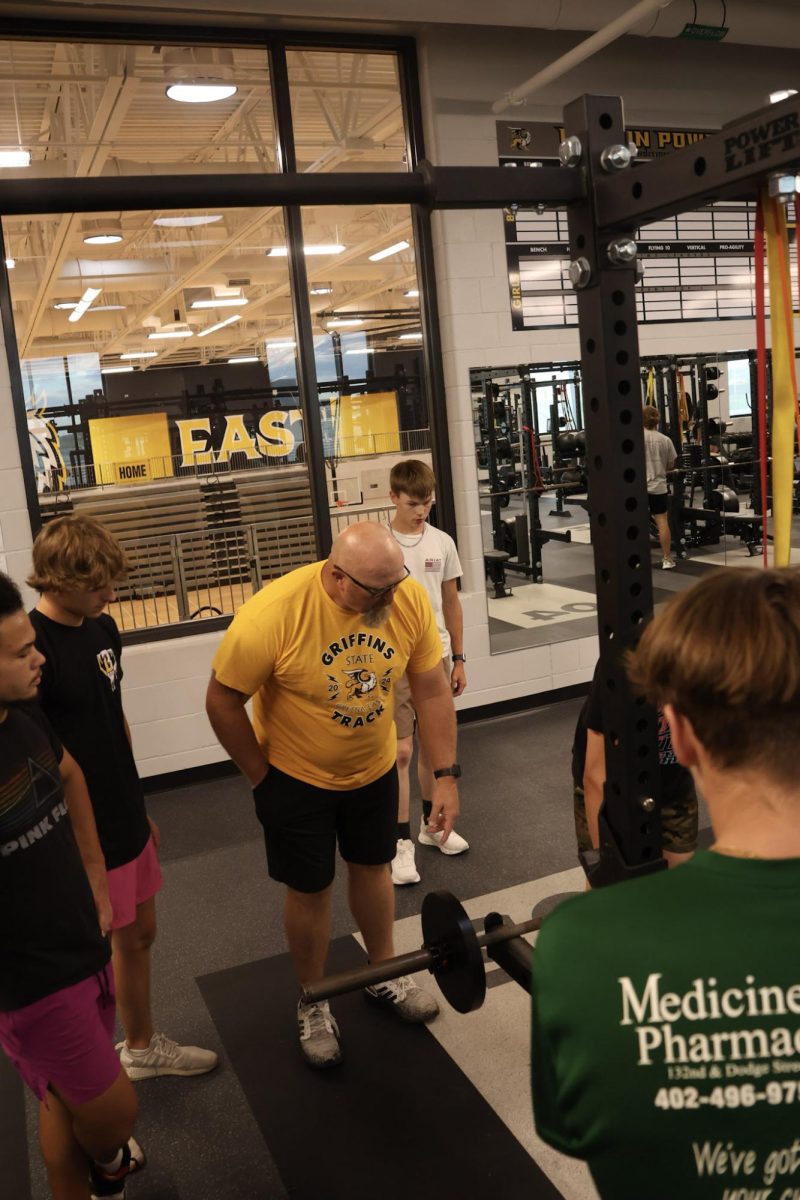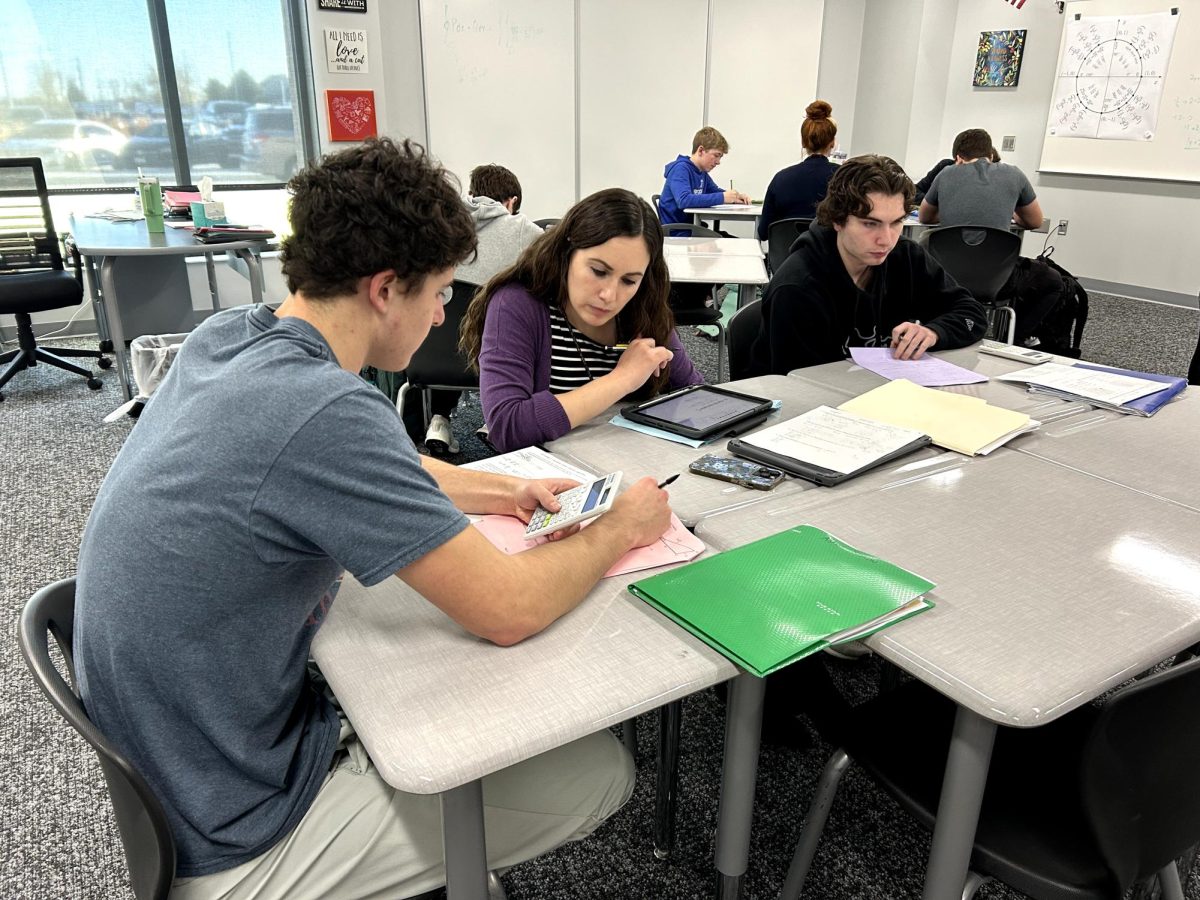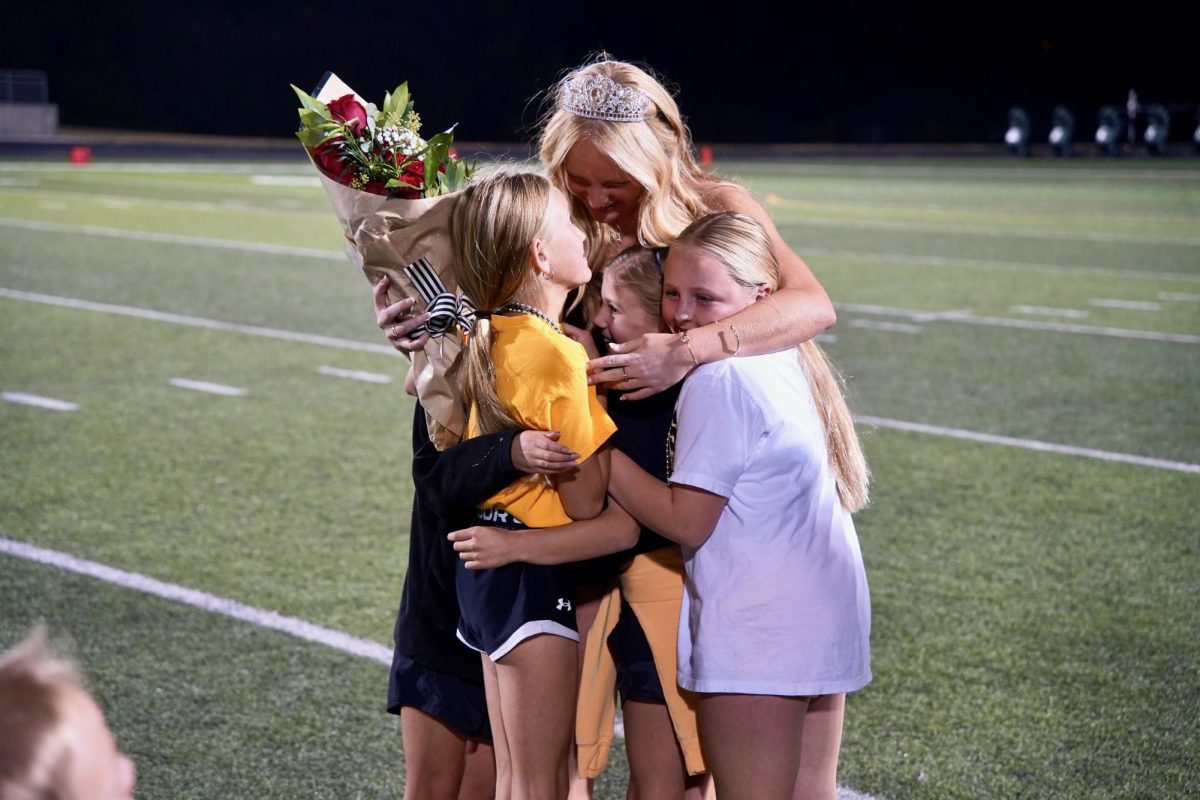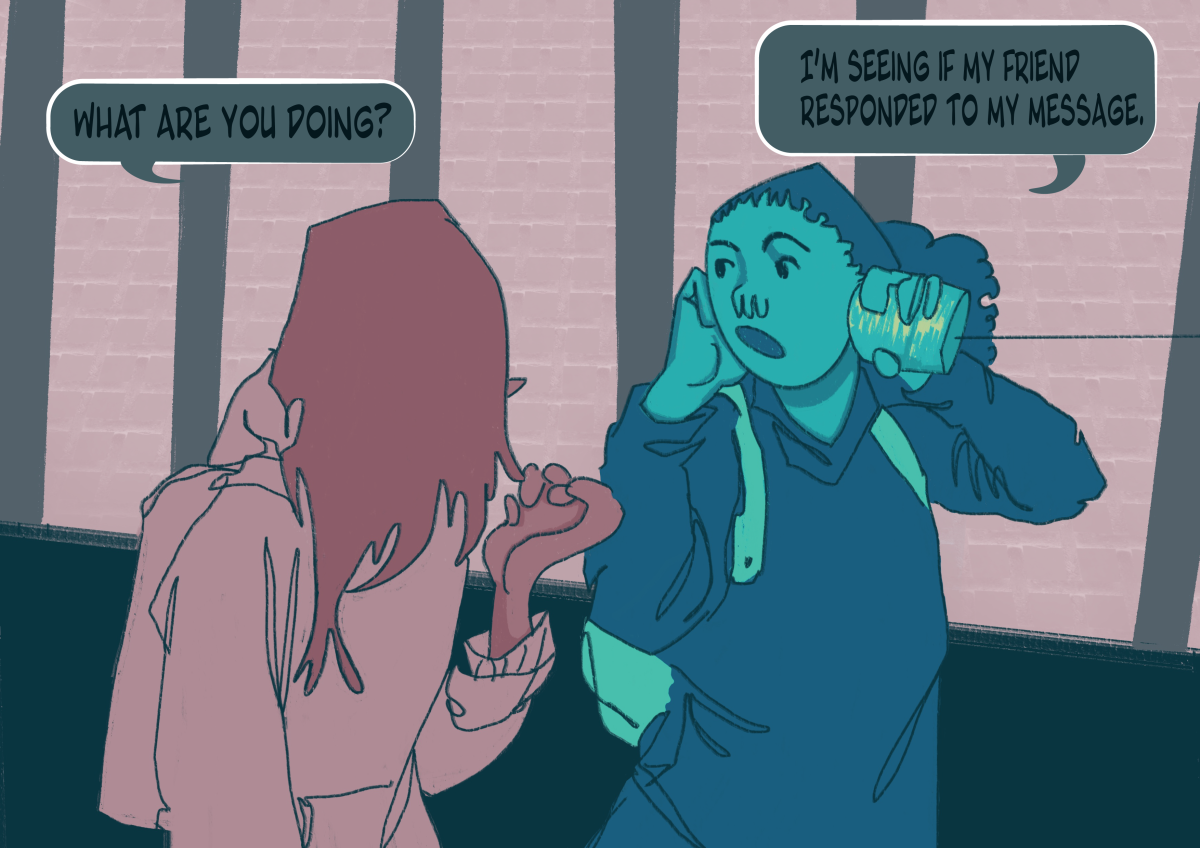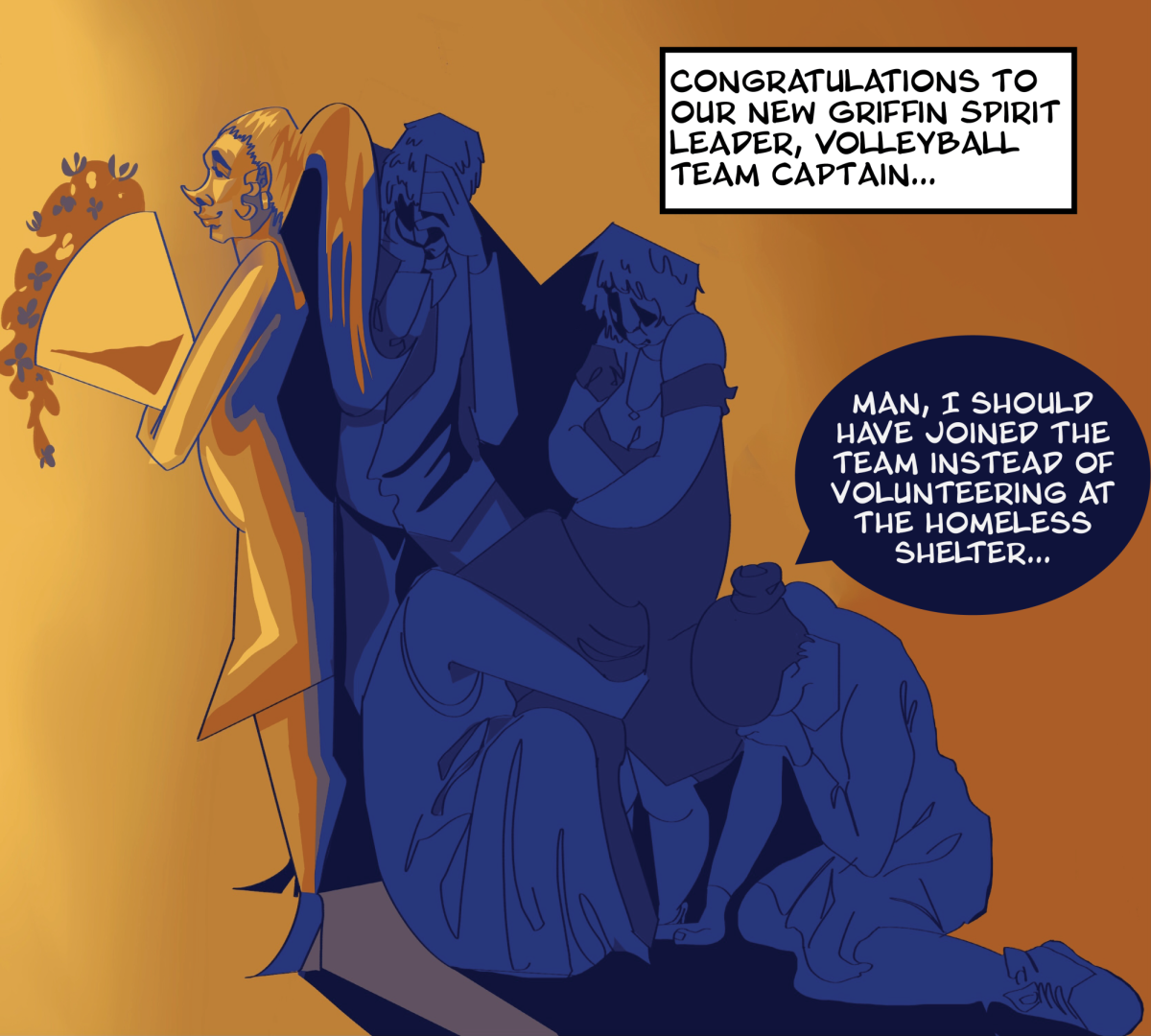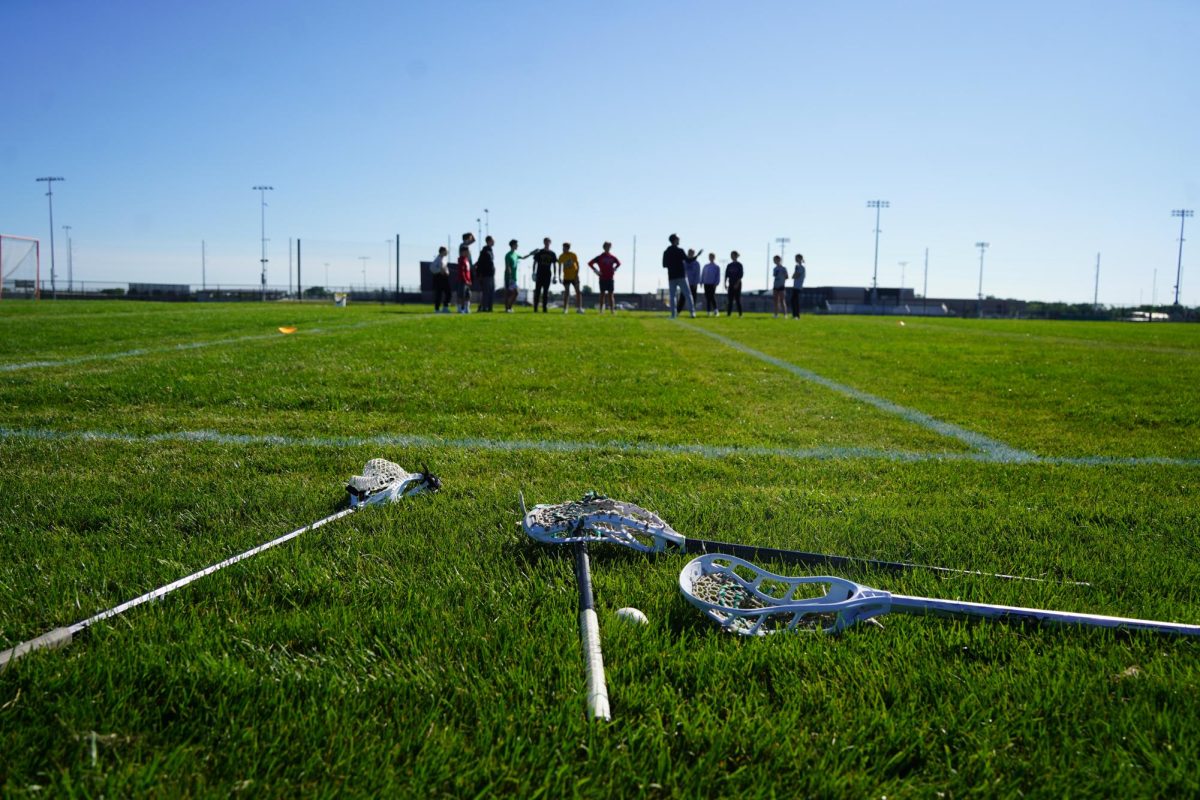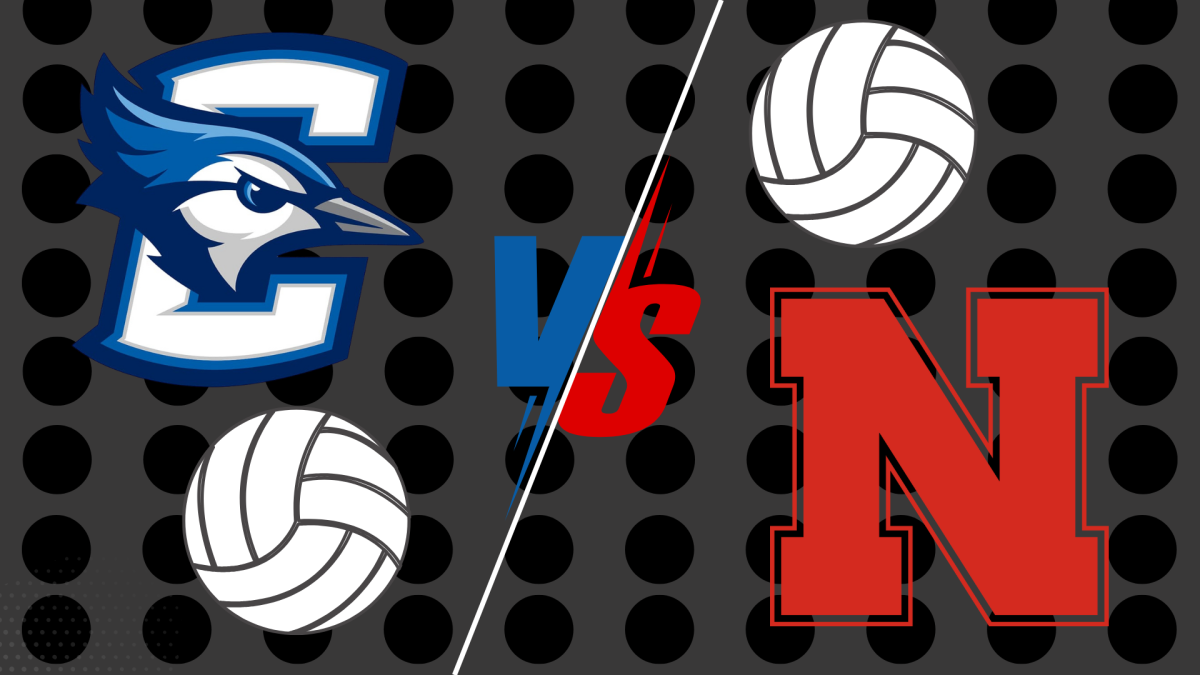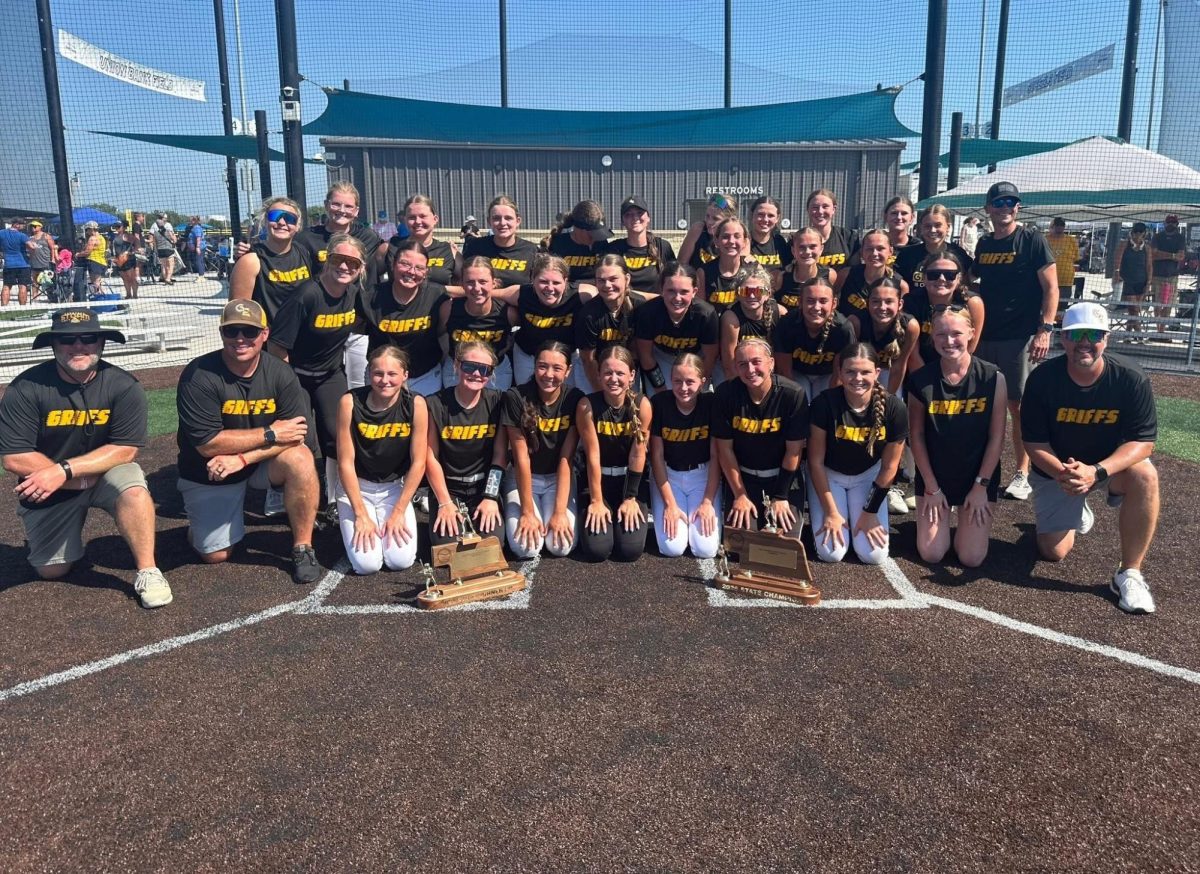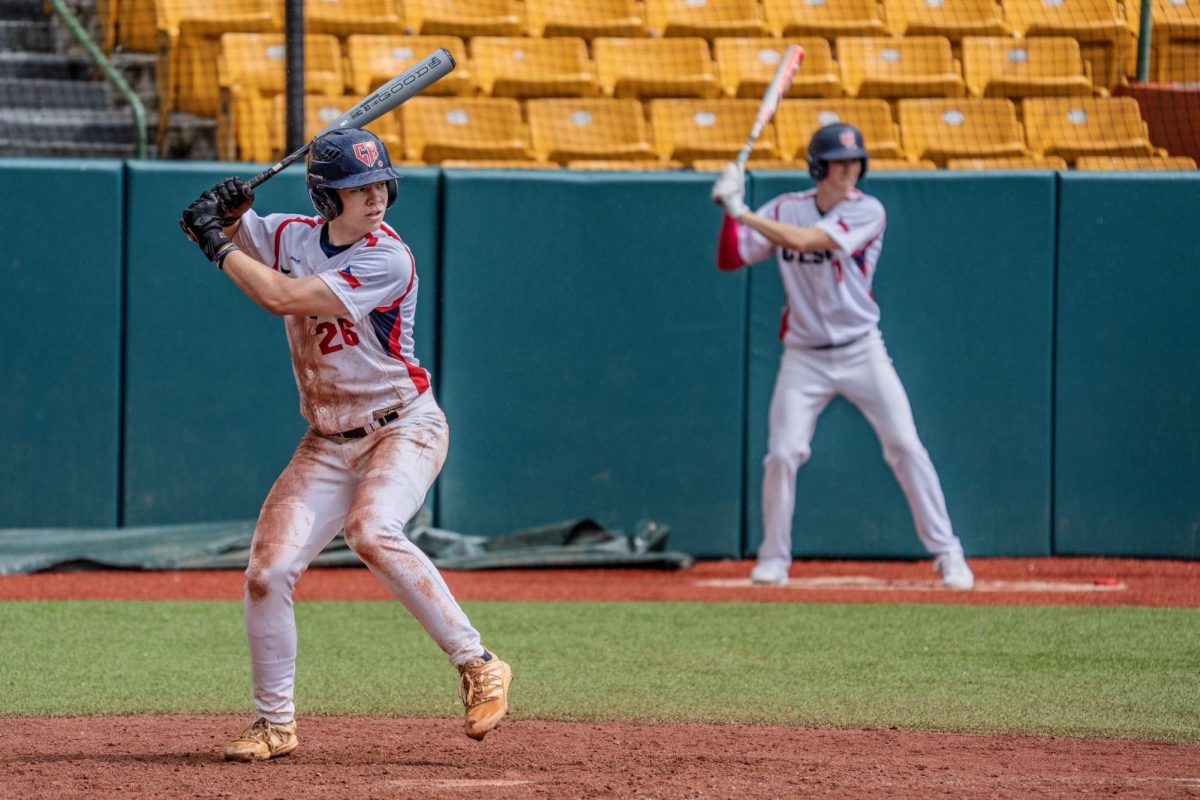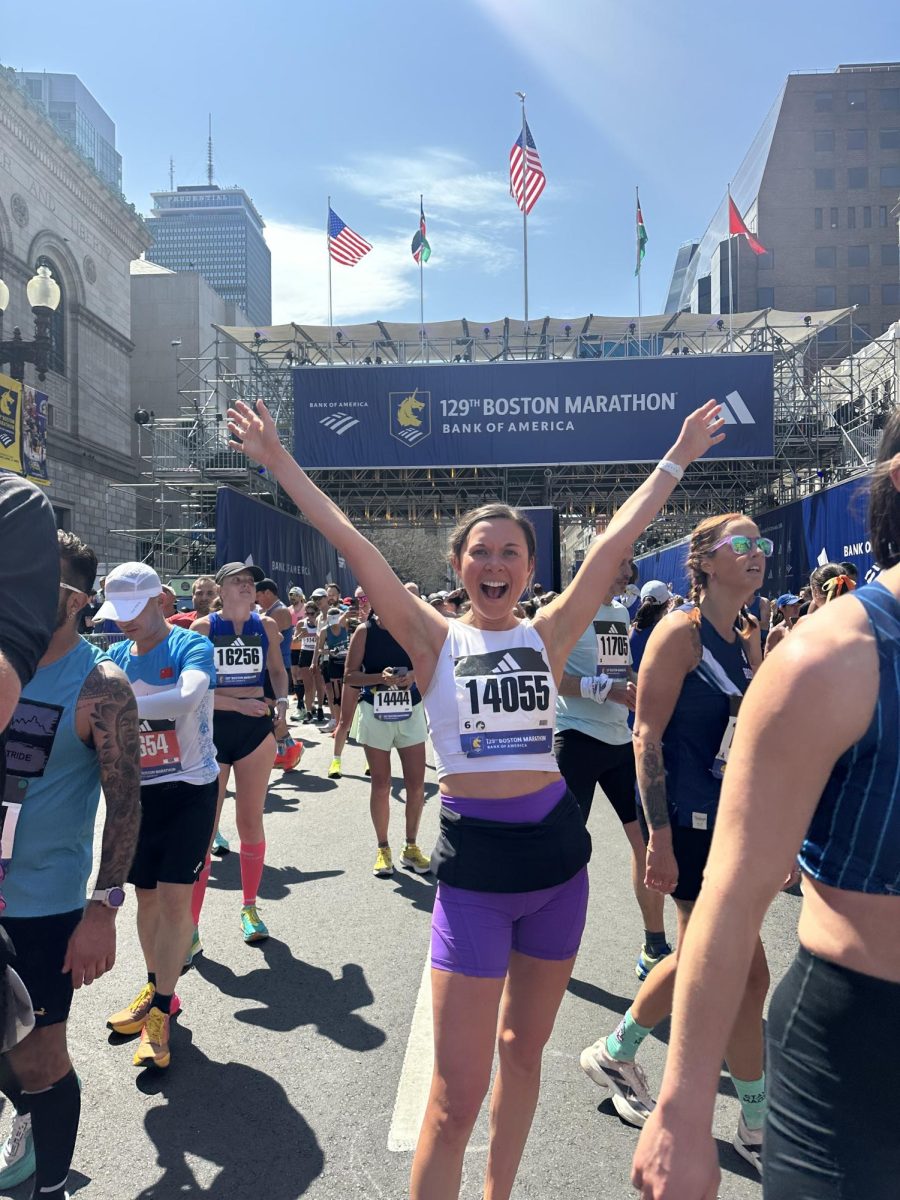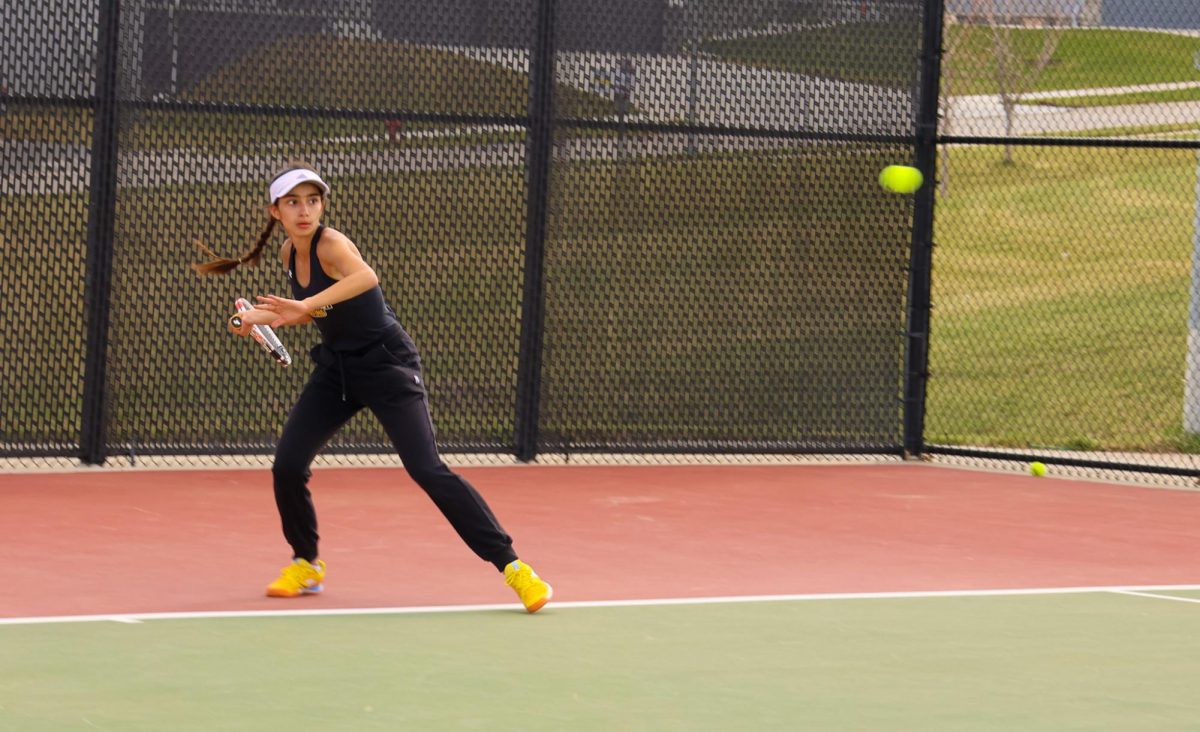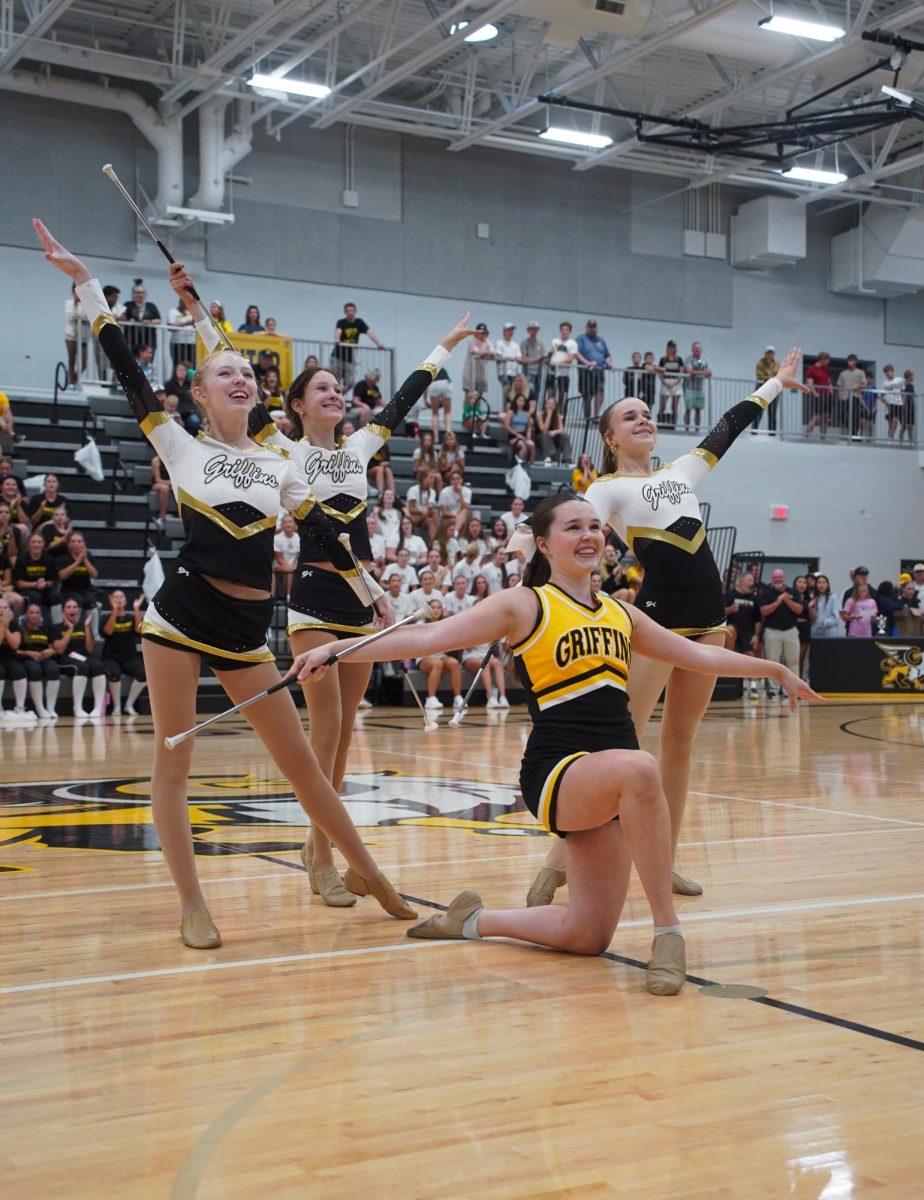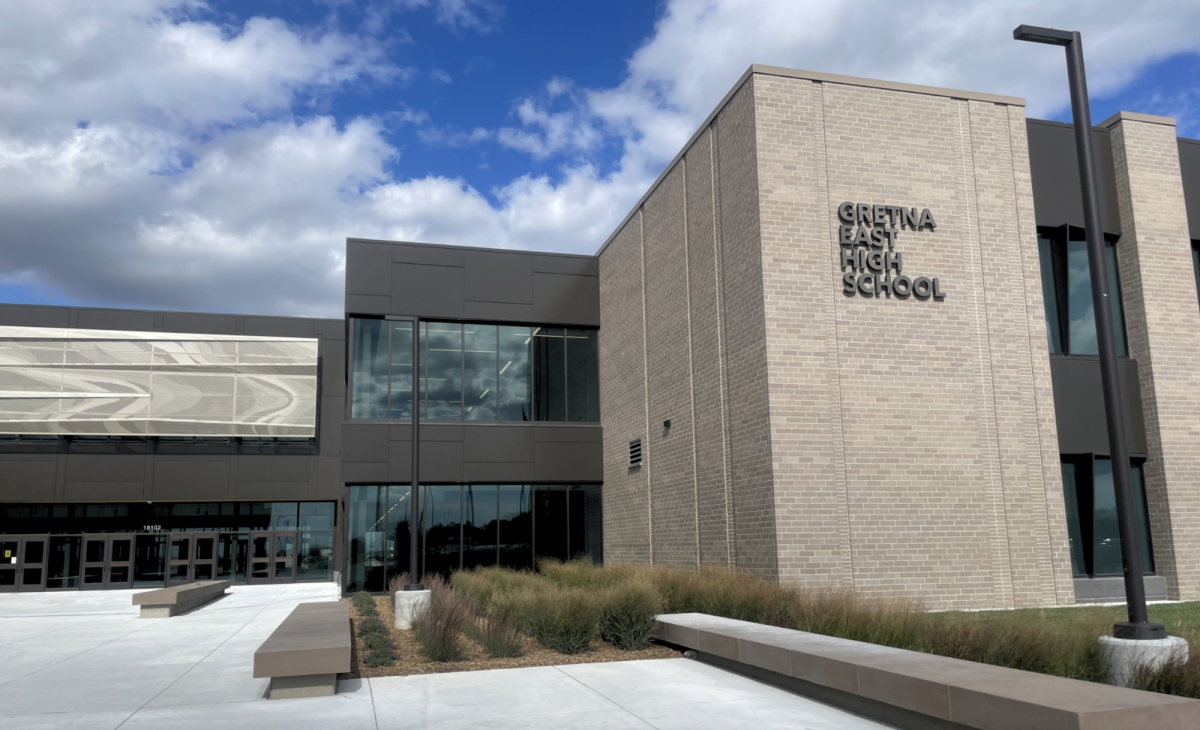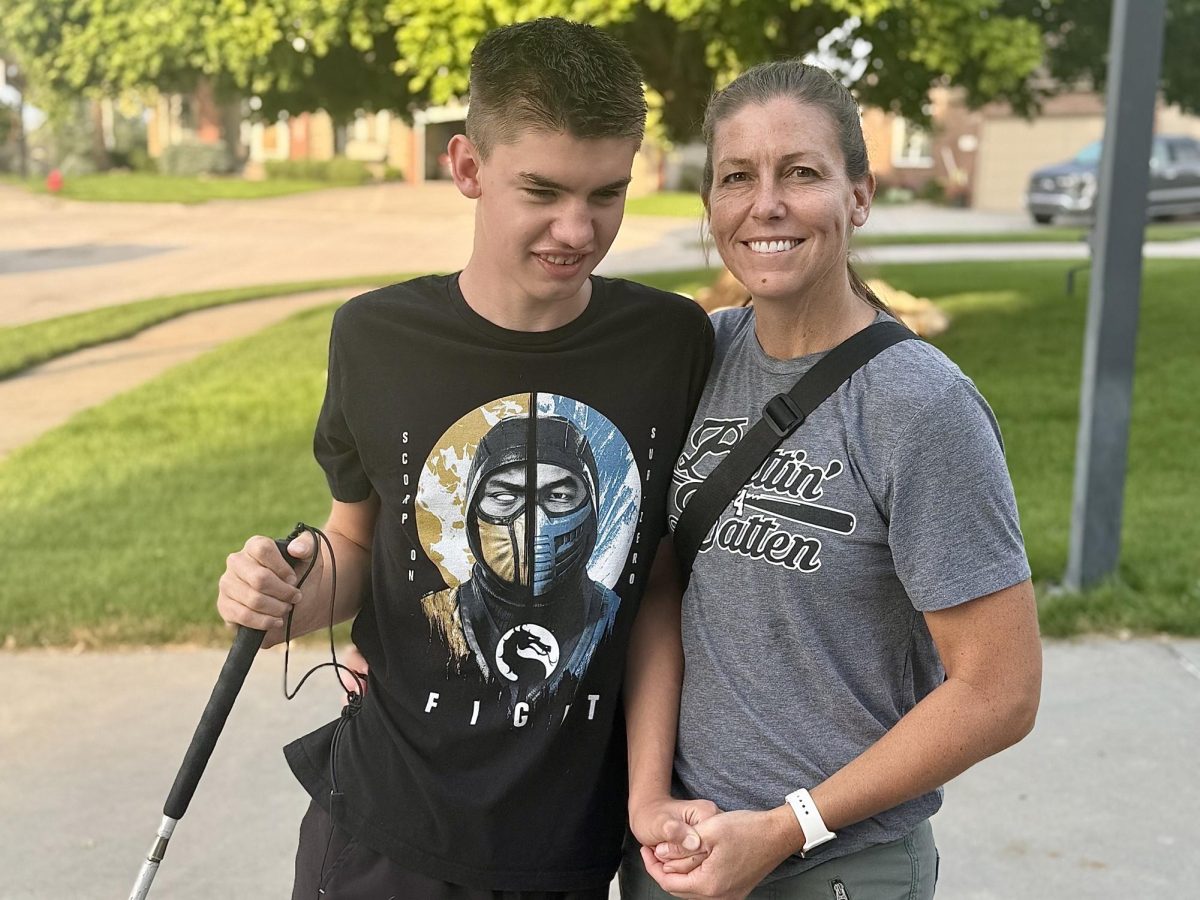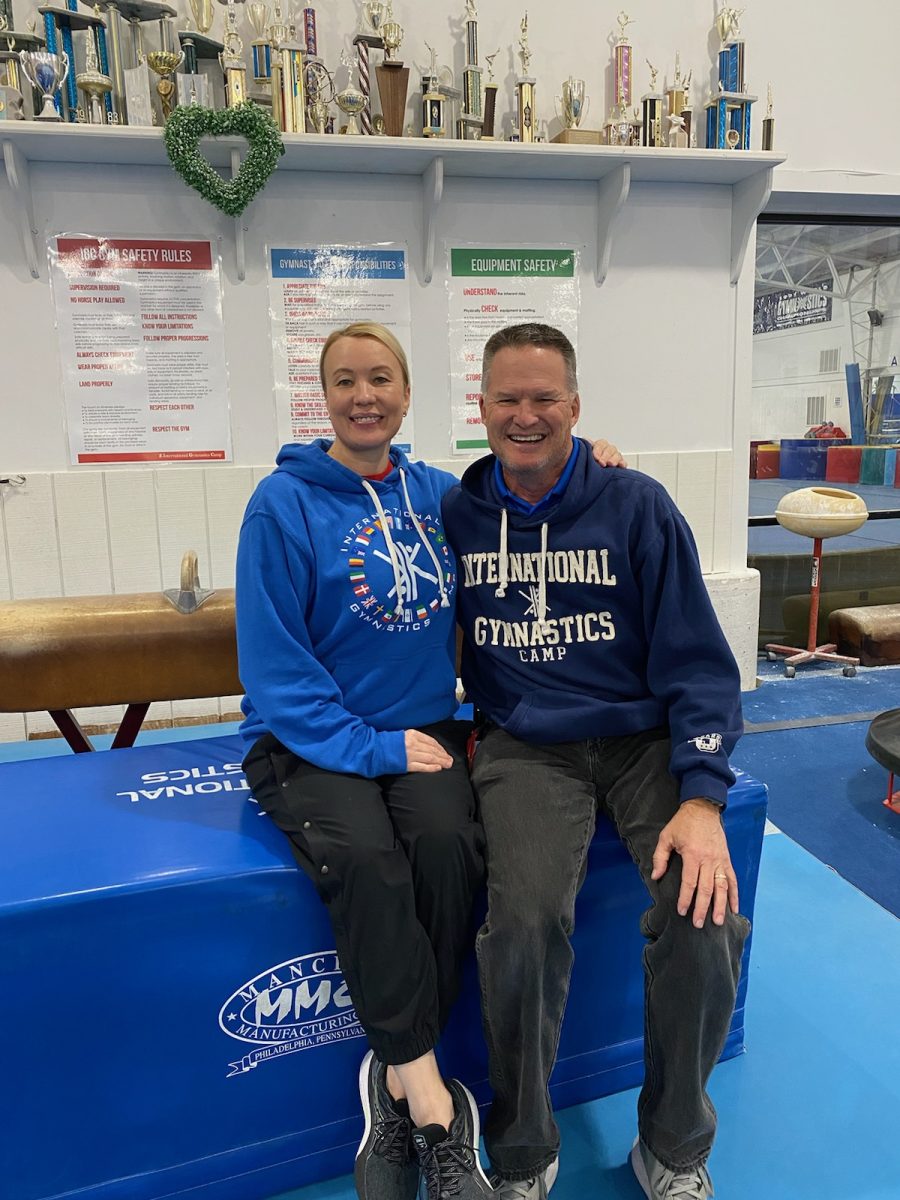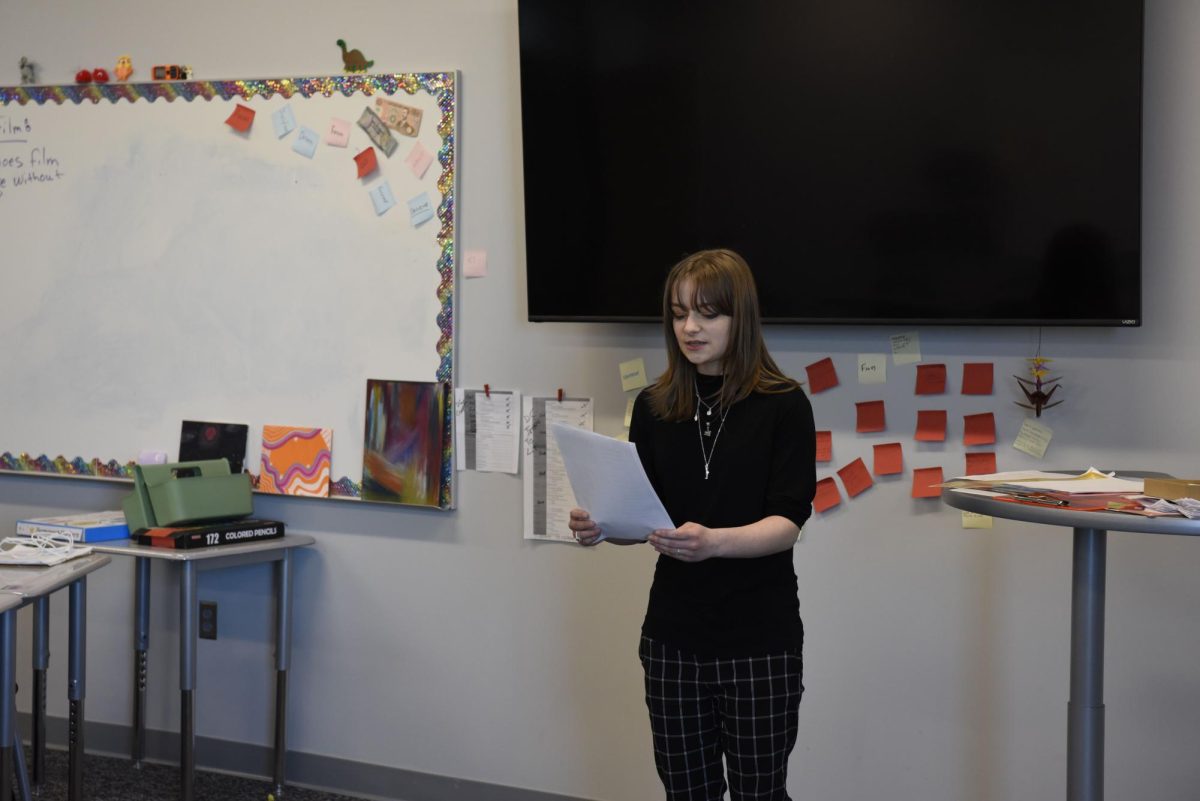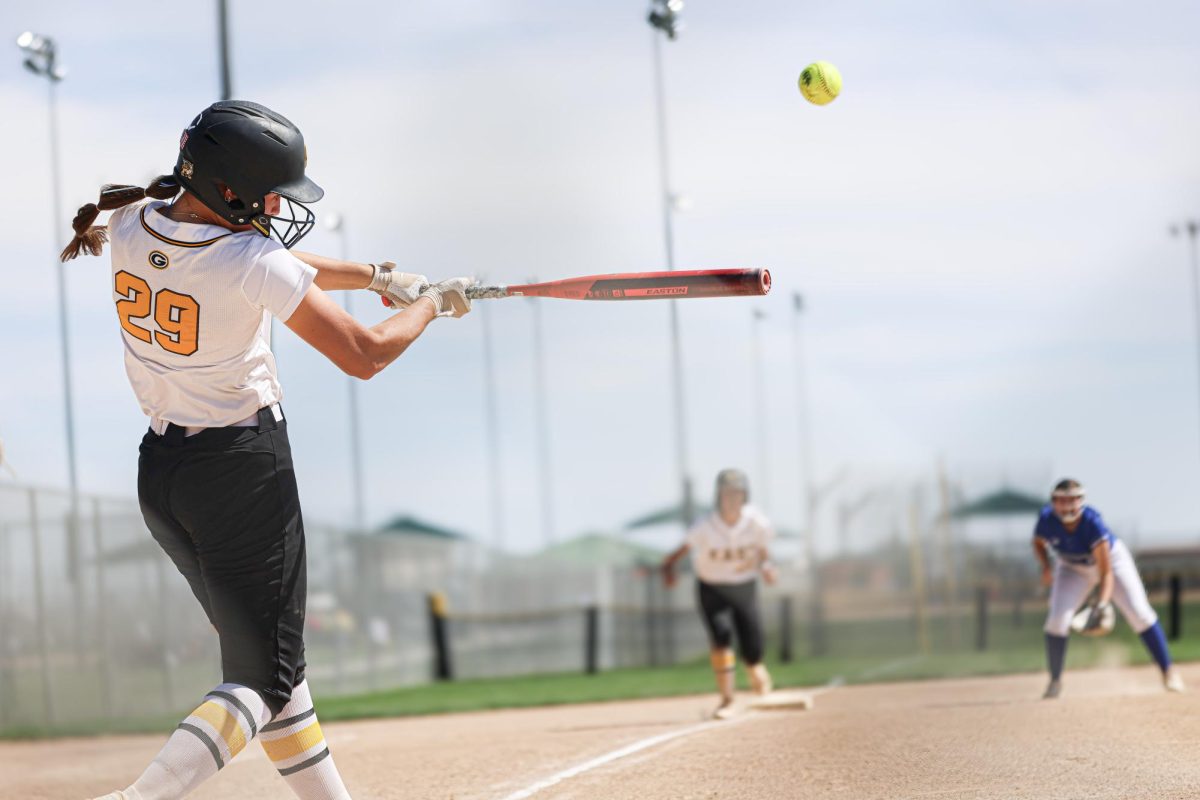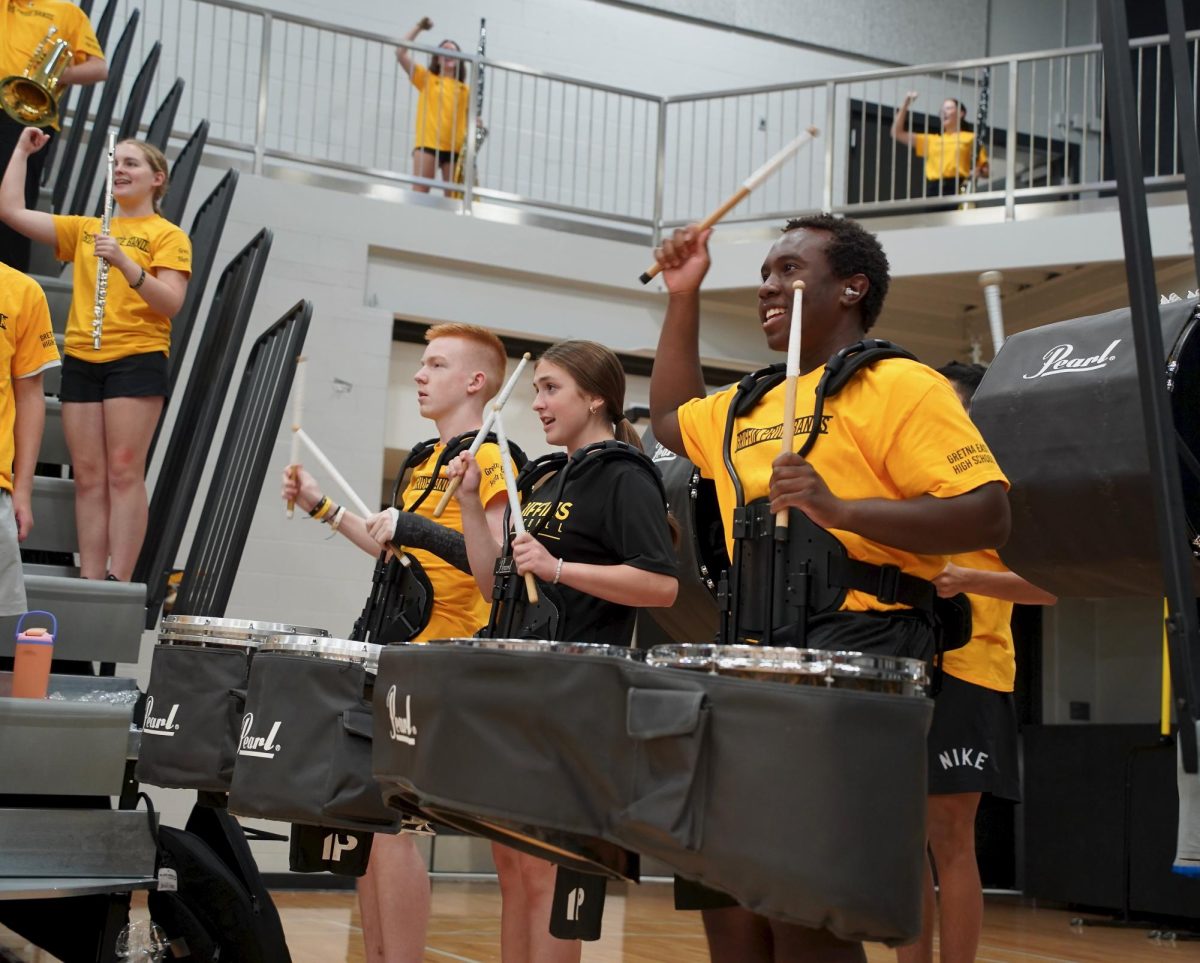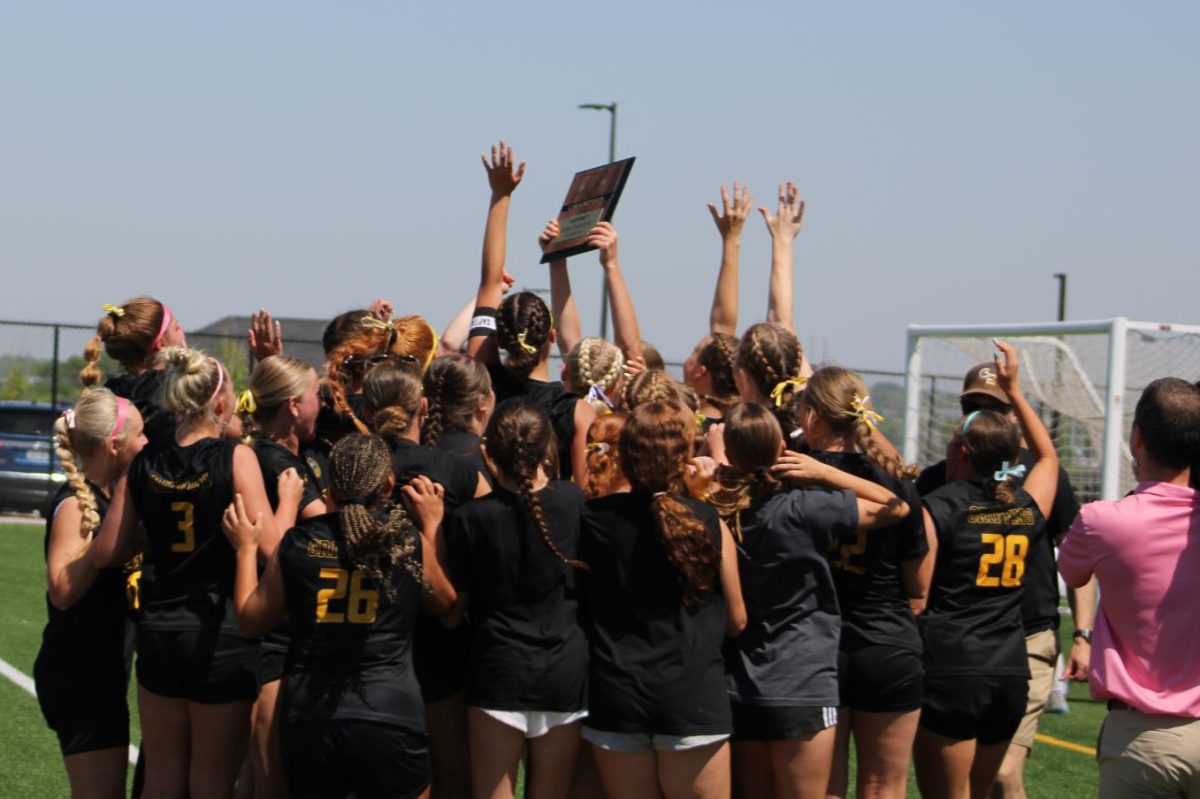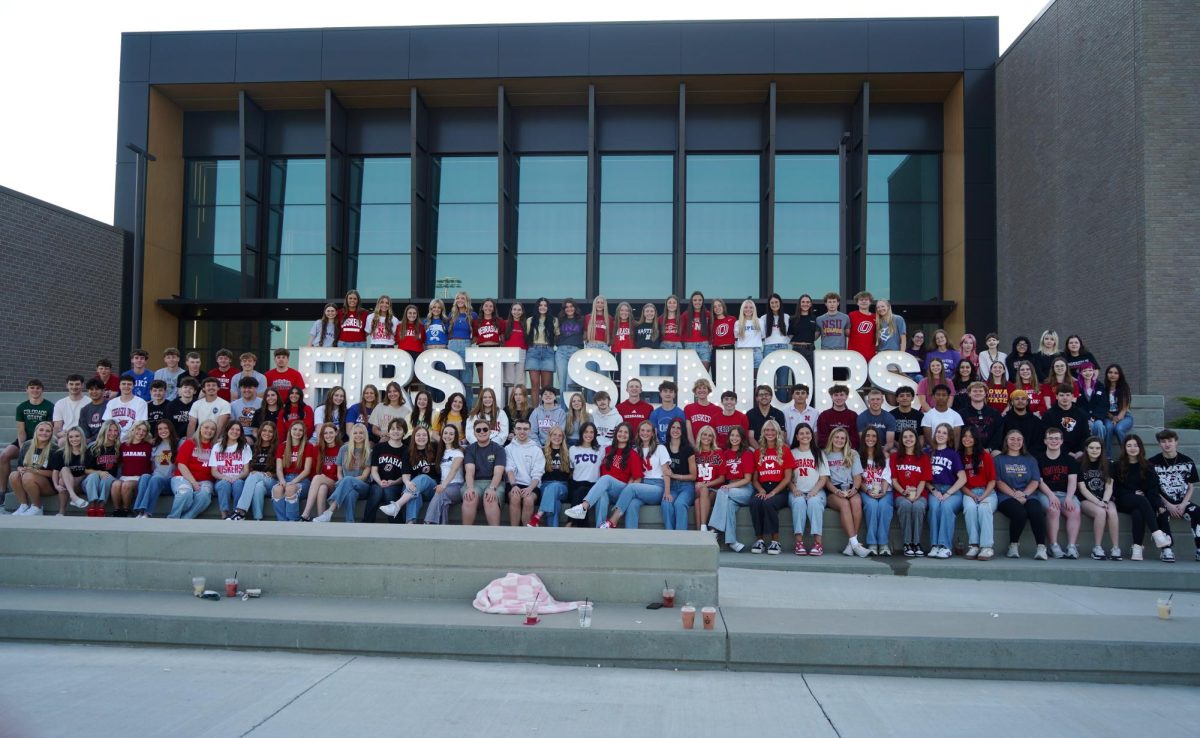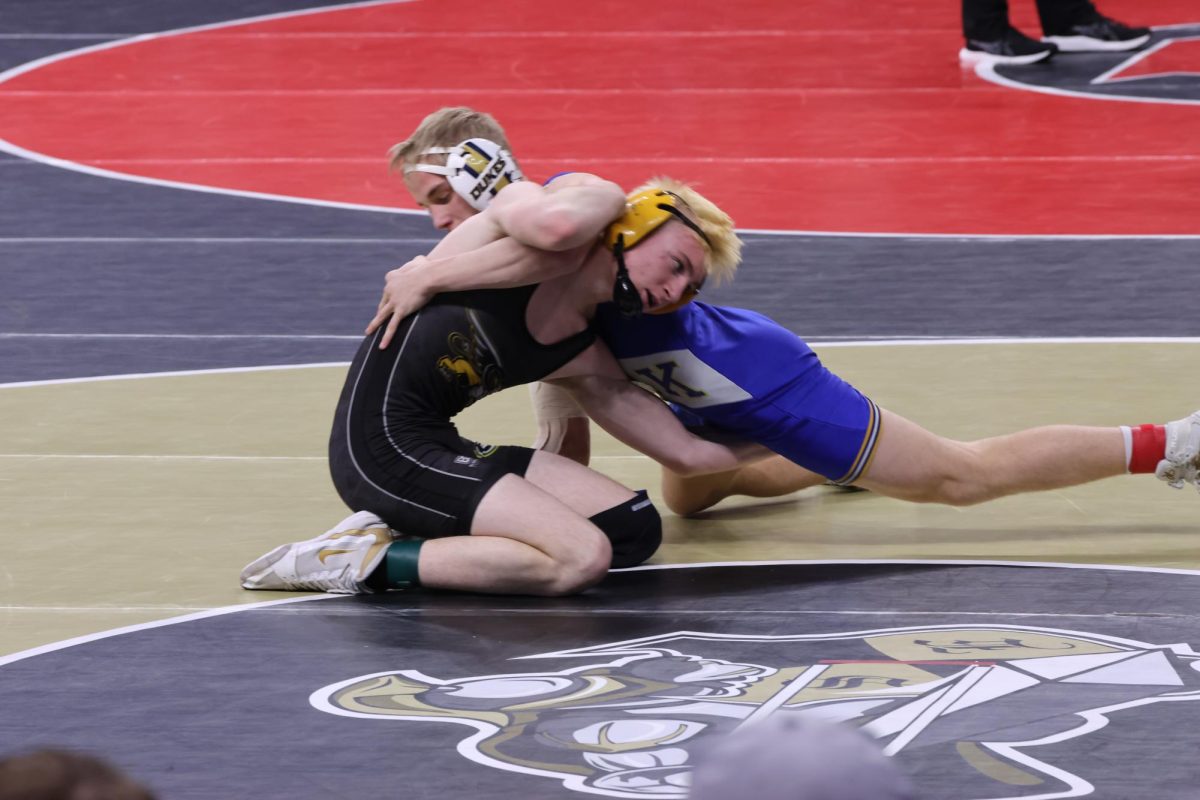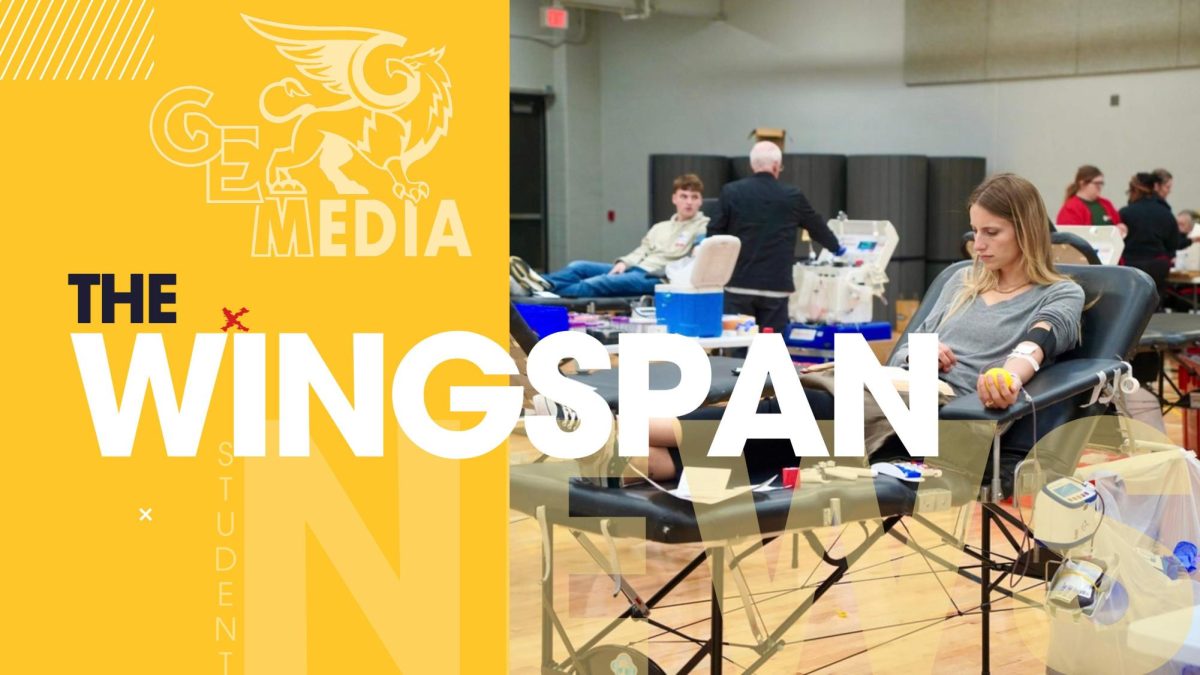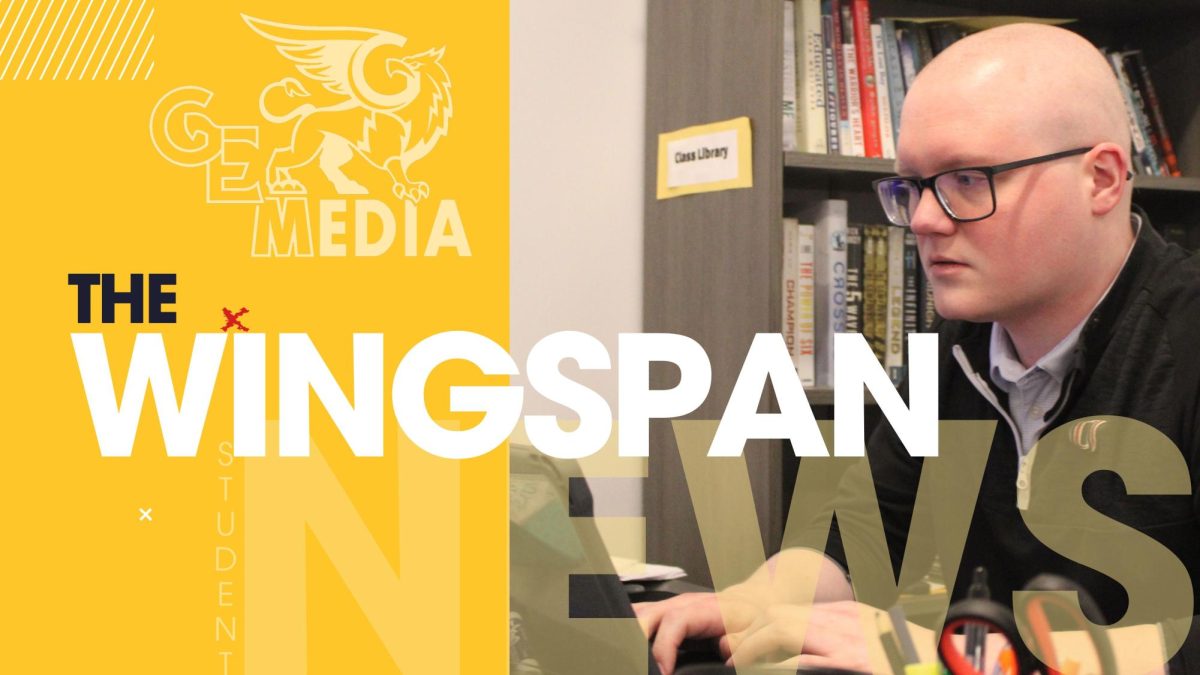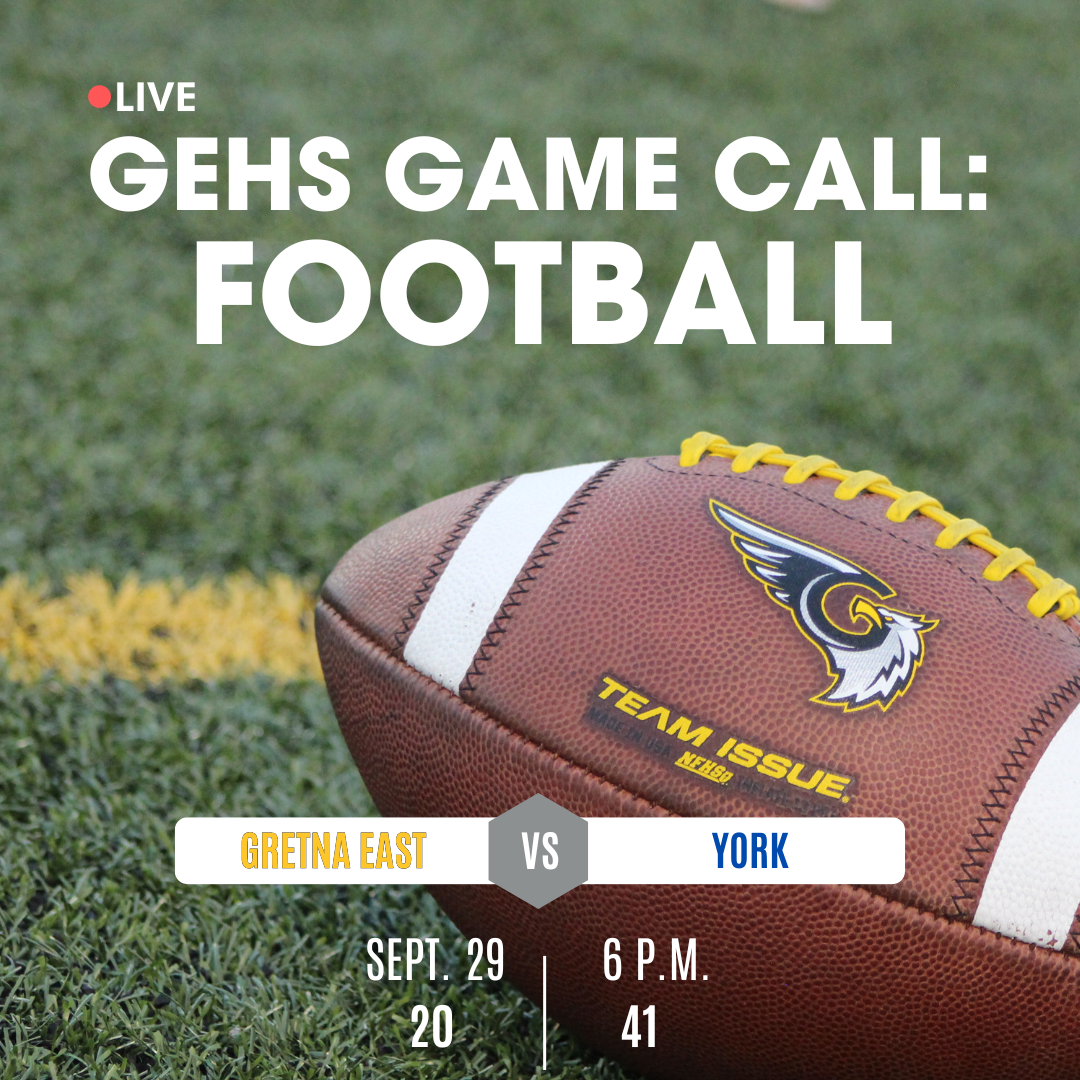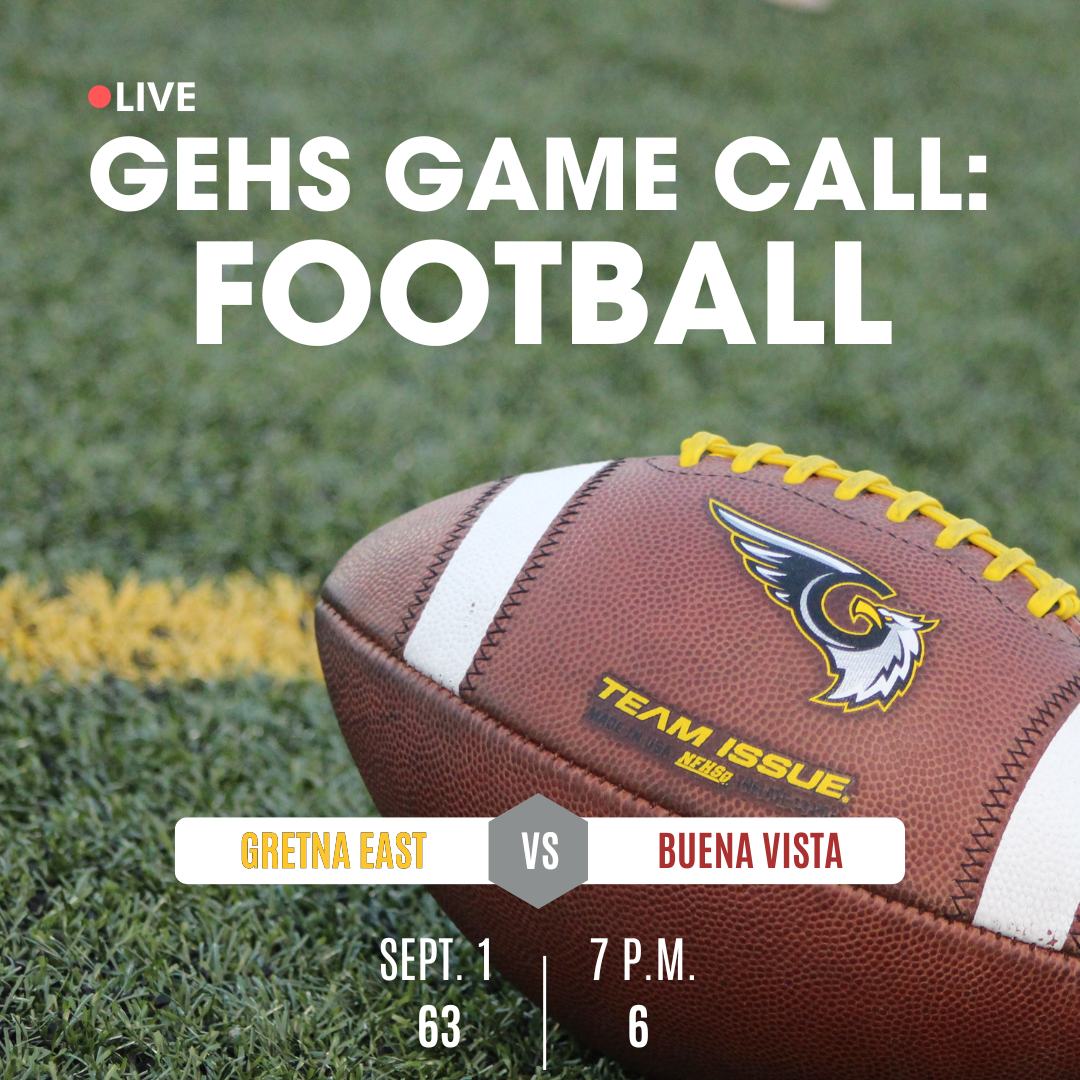High school is the place where students can access more advanced learning opportunities, regardless of their previous academic performance. However, in the Gretna Public School District, recent changes to the Higher Ability Learner (HAL) program have sparked curiosity and debate among HAL students. Gretna Public Schools (GPS) administrators decided to change these classes due to low student enrollment. The program has now scaled back to just one HAL class per semester, focused on independent research and self-driven learning.
“My rationale is that they can explore their own areas of interest more deeply,” district-wide HAL administrator Dawn Nizzi said. “It might be an area that school isn’t covering, or it might be something touched on in class that they want to explore further. Also, it helps them realize that learning isn’t just about preparing for a test; it’s also about sharing their knowledge and experiences with the world.”
Out of 199 HAL-eligible students at Gretna East this year, only 14 signed up for Integrated Studies, with 10 being freshmen.
“We believe this [the changes] will allow more HAL students to participate while creating more flexibility in their class schedule for other courses they may enjoy,” GPS Administration said in an email sent to parents of HAL students this past spring.
Even though enrollment numbers for the program are down, the integrated studies classes are still available for students who are interested in the program to register for. Integrated studies is a class only open to students who qualified for the HAL program in either elementary or middle school.
“When students reach high school, they tend to choose DC classes over HAL-labeled classes,” GPS Curriculum Director Shawn Hoppes said. “Last year, we allowed freshmen to take the Pre-ACT, enabling them to qualify for DC classes if they scored high enough. We plan to continue that this year.”
Some students and parents had misconceptions about this year’s changes. Many believed the programs were being completely cut from the Gretna curriculum.
“If I knew about the class [Integrated Studies], I would have joined,” freshman Easton Poutre said. “I heard it was being cut, so I didn’t bother signing up for it.”
Another significant difference between this year and last is the transition of Academic Decathlon (AcaDeca) from a class to an extracurricular activity, although Nizzi incorporates some aspects of it into her class. AcaDeca is a competitive activity in which students study information across seven subjects: math, literature, art, science, social science, music, and economics, ultimately resulting in a competition of knowledge between multiple schools. Administrators thought the activity should not use class time. Some students have felt the effects of the activity’s new structure.
“I’m not sure how much we will actually be able to get done,” sophomore Kayla Thorne said. “I hope that we can finally get the hang of things soon. It’s been kind of a slow start, you know. None of us really know completely what we’re doing.”
Some students and parents worry that the changes might negatively impact academic growth.
“My daughter, a freshman at the time last year, attended a board meeting and spoke to them about the cuts,” mother of a HAL student Amy Nakai said. “The impact it would cause. She did her research. They still cut the program. It’s terribly upsetting.”
Other students find the classes well-suited to their learning experience.
“I like being able to set my own goals and research my own things,” freshman Ava Revis said. “I got to choose my own topic to research for our presentation recently.”
The changes to the HAL program at Gretna East have sparked mixed reactions among students, parents and educators. Some express concern over the reduced opportunities for advanced learning, while others see the shift as a chance for students to pursue more personalized learning paths. As the school continues to adapt its offerings to meet students’ needs, the focus remains on balancing academic rigor with accessible opportunities. The HAL program’s future will depend on how well it can engage students and prepare them for challenges within high school.
“This is kind of an experimental year for us,” Nizzi said. “The programs will probably remain mostly the same while we get them up and running, but I think the changes will lead to overall improvement in the future.”


